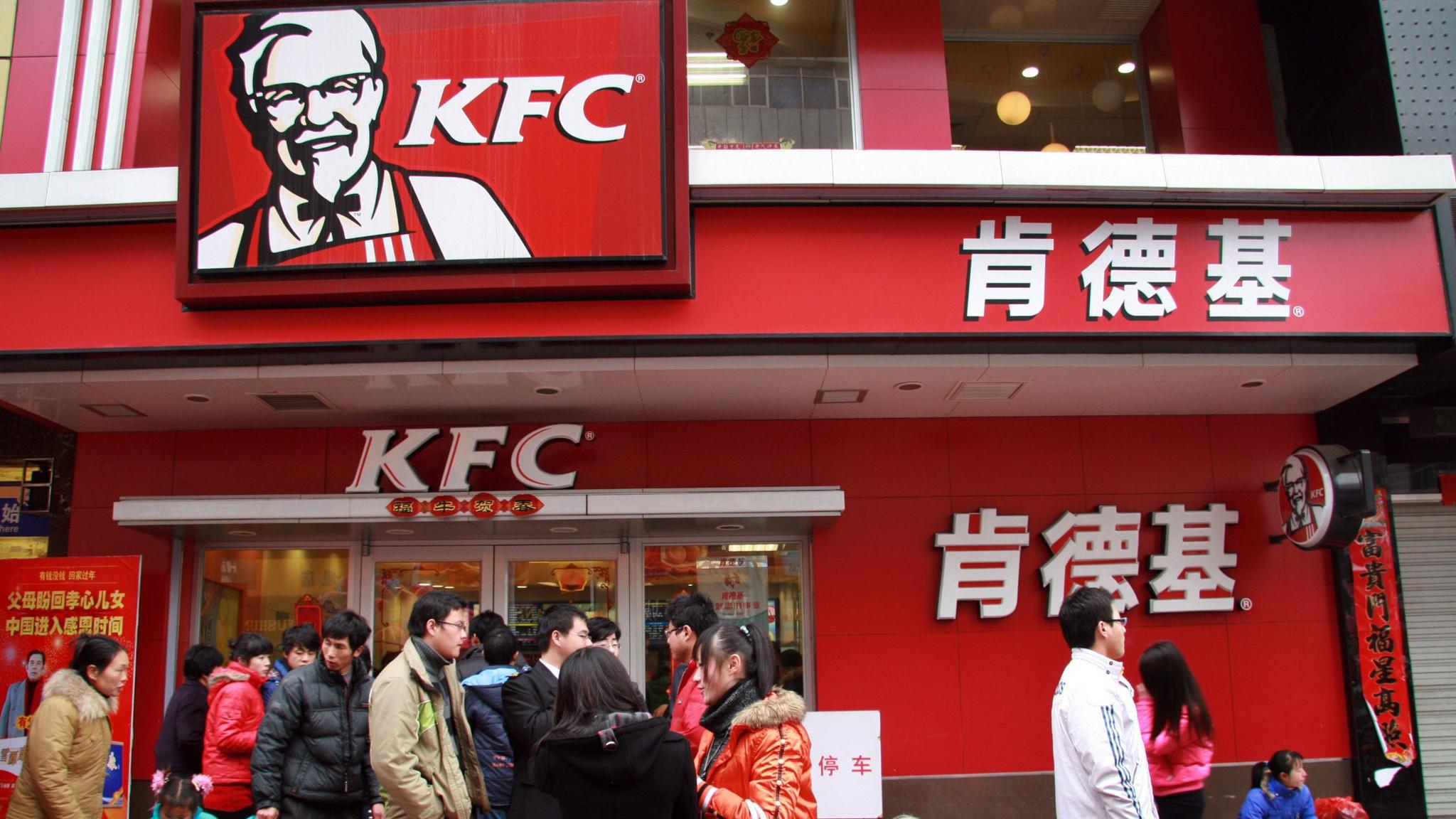Today I am pleased to present a guest blog post from Alexander Zeller, a translator from Australia working with The Migration Translators, a professional service which offers translation between any of 130 languages.
I do not endorse any commercial company, but am happy to offer them as a service you might want to explore. That said, I think you will enjoy Alexander’s presentation of some humorous things that happen when companies use less than ideal translations.
Cross-cultural communication is one aspect of globalisation that has become more and more commonplace in this ever-changing world. But the language used does not always get the right message across, as it's only a highly experienced translation agency that will have the ability to fully translate text that is loaded with cultural references. It is rarely possible to carry out a word for word translation so that the meaning is exactly the same in the translated text as in the source text.
There are many examples of translations that don't have the intended effect. Many are quite humorous, but they may still reflect badly on the business from which they came.
11 classic translation errors that ignore culture
A famous mistranslation was one done for the fast-food chain KFC for its Chinese market. Their slogan "finger lickin' good" was translated into Chinese languages with the meaning "eat your fingers off." This would undoubtedly confuse the potential KFC customer.
Coca Cola has proved difficult to translate for the Chinese market. The letter combination 'Ke-kou-ke-la' was first used because it sounded like Coca Cola and a large number of signs were released using this letter combination only to find that it means either "bite the waxed tadpole" or "a female horse filled up with wax". Quite a blunder as far as Coca Cola was concerned! They then studied as many as forty thousand Chinese characters coming up in the end with "ko-kou-ko-le" which once translated came out to mean" happiness is in the mouth". A little more appropriate for marketing Coca Cola!
Pepsi in its marketing campaign didn't come out much better a few years ago when its marketing slogan when translated meant "Pepsi Brings Your Ancestors Back from the Grave". It was supposed to be "Pepsi gives you life."
Salem cigarettes' slogan is "Salem - Feeling Free," but when it was translated into Japanese it read something like this. ''While smoking Salem, you will feel so refreshed, making your mind appear free and empty.''
General Motors made a mistake when marketing its Chevy Nova automobile to the South American market. It wondered why it didn't get any takers until it realised the Spanish translation for "nova" is "it will not go". They changed the name to "Caribe," which produced far greater sales.
Ford was the next in line for a humorous culturally inappropriate translation when it tried to market its Pinto car in Brazil. The company failed to realise that "Pinto" in Portuguese is a slang word which means "small male genitals." Ford couldn't do much else than hurriedly substitute the nameplates with the name "Corcel," which is the meaning for horse.
Beer hasn't been let off the hook with funny translations. Coor's slogan, "Turn It Loose," when literally translated into Spanish means "Suffering From Diarrhea."
The Scandinavians have come up with humorous translations as well. Electrolux, the vacuum manufacturer, while running an advertising campaign in America, came up with the slogan "Nothing sucks quite like an Electrolux."
Germans are pretty fussy consumers. When Clairol introduced its "Mist Stick," which is actually a curling iron, into the German market, it didn't realise that the word "mist" in German means quite literally "manure!"
A U.S. t-shirt manufacturer out of Miami printed souvenir t-shirts for Latinos which was intended to promote the Pope's visit but instead of printing the slogan "I Saw the Pope" (el Papa), the slogan on the shirts said "I Saw the Potato" (la papa).
Mistranslations aren't confined to business advertising but they are often found on street signs too. One such mistranslation was on an Asian street that said "Go Slow - Accident Porn Area." It would more likely be treated humorously as it's supposed to be "Accident Prone Area!"
Chevy Nova vs. Ford Pinto — both non-starters in Latin America
Conclusion
Many problems caused by mistranslations which are culturally inappropriate are typically due to who or what has created the translation. Many companies believe that machine translations like Google Translate are advanced enough to translate slogans. Google Translate cannot have everything in its knowledge base.
Conversely, a skilled human translator will have built up a vast amount of experience in translating to and from their source and target languages. Specialising in a specific area like legal, business or medical translations also helps the translator to become a specialist in a field so that mistranslations, whether humorous or not, are less likely to take place.
Slogans can't be translated literally and it's only an experienced translator who will know how best to translate a slogan so that it draws a market and doesn't offend it. A culturally inappropriate translation could lose business for a company.
Supplied by Alexander Zeller, The Migration Translators




